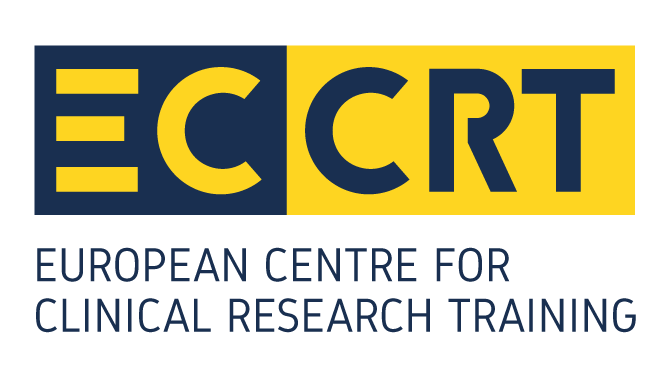Bridging Preclinical and Clinical Development

About this course
Reasons to attend
Bridging Preclinical to Clinical Development is a must-attend course for anyone who wants to advance their career in drug development.This comprehensive course provides you with a deep understanding of the key concepts, tools, and techniques required to bridge preclinical research to clinical development. You'll learn about essential elements such as pre-clinical toxicology, CMC perspective for clinical development, manufacturing, clinical study design, and regulatory compliance, equipping you with the knowledge, skills, and confidence to succeed. Our expert trainers bring real-world experience to the table, offering practical examples and insights that will help you apply the knowledge gained in the course.There is even a trainer from the Belgian Regulatory Authority that will join the training.Note: This course is not made for professionals working in medical device development but for drug development.What's included?
- Documents and materials related to this course are included
- Globally recognised certificates awarded after test completion
Course schedule
We provide this course as a 2 day classroom from 9h to 17h.Course Description
The safety of the subject in any clinical trial is of paramount consideration. First in Human (FIH) studies are special in this case as no data is available on how the investigational product will react in the human body. Preclinical data needs to be adequate to allow translation into a clinical study complying with all medical, scientific, ethical, and regulatory aspects.Historical cases have shown that bridging preclinical and clinical has not always been adequate. The gap needs to be understood first and then strategies need to be developed to enable a smooth translation of the preclinical data of “research in animals” to the clinical research with First in Human studies.This course highlights the various considerations to be considered while moving from preclinical research to clinical development in humans. It enables a bidirectional transfer of knowledge and research, making the transition into clinical research smooth and effective.The first part of the course will be spent describing the preclinical perspective (toxicology and manufacturing) including a workshop.The second part will focus on the clinical side of development, including First in Human study design, submission to authorities, the regulator’s perspective, and maintaining quality throughout the process. You will be able to put your newly gained knowledge immediately into practice as the trainers will guide you to take a new compound through the entire process. Read more about the drug development process here.Programme highlight
- Preclinical Toxicology
- A CMC perspective for clinical development
- Manufacturing
- Workshop on completion of an IMPD
- Clinical Study Design
- Submission to Authorities and Ethics Committees
- A regulator’s perspective
- Maintaining quality throughout the process
- Preclinical and manufacturing towards Market Approval
Learning objectives
- What CMC data do I need to have generated to allow my company to move forward into a Phase I study
- Describe the elements needed to set the dose for a first in human study
- Understand the content of an IMPD
- Be able to identify what an appropriate design is for a First in Human clinical study
- Define regulatory aspects involved in first clinical studies
- Understand the elements required for planning early stage clinical development
Who should attend
- Everyone associated with First in Human studies and/or associated with preclinical Studies.
- Project Managers & Clinical Research Associates (CRAs) working in First in Human Studies.
- Managers involved with designing First in Human studies.
- Decision makers to move from preclinical to clinical.
- Investigational sites involved in phase I research.
- Competent authorities and ECs involved in evaluating First in Human applications.
- Academics wishing to create a company or go to industry could find this course useful. Otherwise, it’s possible that it won’t be relevant.
- Professionals in these fields wishing to refresh their knowledge and skills.
Competencies
This course covers competencies that are part of the ECCRT Competency Framework:
- Scientific Concepts & Research Design (2)
- Ethical & Participants Safety Considerations (2)
- Investigational Product Development and Regulation (5)
- Clinical Studies Operations (GCPs or ISO 14155) (5)
- Study and Site Management (2)
- Data Management and Informatics (0)
- Leadership and Professionalism (0)
- Communication (0)
- Teamwork (0)
- Business acumen (0)





Anja Hijzen
Janssen
Nice interaction with the trainers. They were really experts in the topic they were discussing. I would recommend this training to people who have a minimal or no experience in drug development to attend as it was a very nice high level overview and gave a good impression of what aspects are needed.
Liesbeth Fagard
Galapagos
Trainers have experience in the field and participants have already good background to share concerns, discuss, ask the relevant questions.
Anonymous
Michaela Schaden
Valneva
Remya Raghavan Nair
Anna Mietelska-Porowska
Nencki Institute of Experimental Biology, Polish Academy of Sciences
Laura Gallagher
Cumulus Oncology